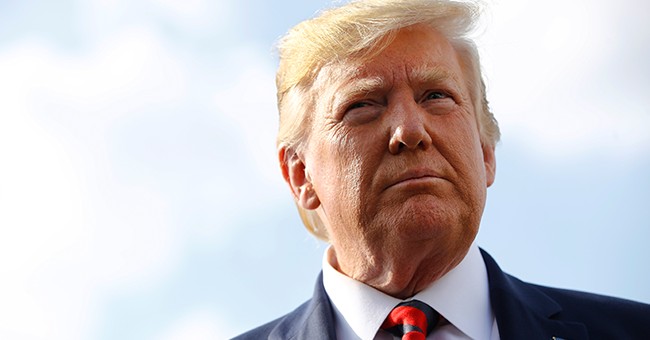Mainstream economists and the Federal Reserve are trapped in a rut, condemned to repeating the mantra that monetary policy can save us even though it hasn’t for seven years. Germany after World War I faced a similar situation and the US should heed the lessons.
Socialist ideas swept through Germany like the swine flu in the last half of the 19th century. Otto von Bismarck, the Kaiser’s prime minister, devoted his career to fighting socialists while preserving the monarch by co-opting socialist policies. He promoted unions, nationalized railroads, mines and other large industries. State regulation of industry exploded. He provided social security, healthcare and unemployment benefits. By WWI socialists could not point to a single policy of theirs that Bismarck had not already deployed. Socialists dominated parliament but they weren’t happy because the Kaiser ruled and they didn't.
That changed with the revolution after WWI that gave the German socialist parliament control of the nation. Socialists were jubilant. Now they could demonstrate to the world the superior nature of true socialism. The only problem was that Bismarck had already implemented all of their ideas. They had nothing new to offer. Ludwig Mises described their quandary in his book
Omnipotent Government:

